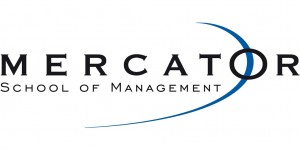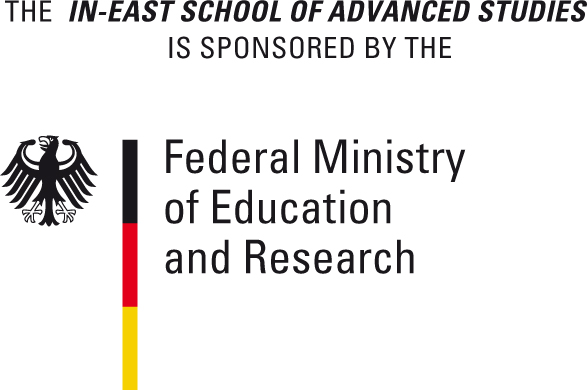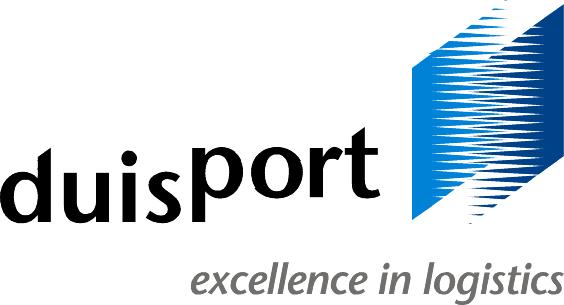China’s New Way of Integration with the World:
The New Silk Road and the Opportunities for the World Economy
Second International Forum on the New Silk Road and Sino-European Cooperation
During the last three decades, the global economic system has seen dramatic changes in the intensity of global economic interaction and the structural patterns of labor division. In this context, China has risen from a peripheral actor in the global economy to a major gravitational center. Today, with the redesign of the Chinese economic development model, the country’s former role as the work benching of global manufacturing is being passed on to other economics. At the same time, however, Chinese politics and business have engaged in a major effort to promote an innovative pattern of regional labor division that might invest China with a new central role in the global system. The “One Belt, One Road” (OBOR) initiative has the potential to create a new fabric of industrial value creation, that links China/East Asia via Central South Asia with Europe. The impact of these new regional value chains on global goods flows, investment activity as well as (transnational) institution building remains open and calls for comprehensive research initiatives.
The CEA Annual Conference 2016 is dedicated to this call and strives to contribute to the academic discourse on the multitudinous aspects of OBOR development.
Several distinguished scholars have accepted our invitation to give keynote speeches at the conference:
Justin Yifu Lin(Honorary Dean, Peking University; Former Vice President of the World Bank)
Chong-En Bai(Chairman of the Economics Department, Tsinghua University; Member of the Monetary Policy Committee of China)
Susan Shirk(Chair of the 21st Century China Program, University of California, San Diego; Former Deputy Secretary of State of the U.S.A.)
Guido Tabellini(Intesa Sanpaolo Chair in Political Economics, Bocconi University)
Fabrizio Zilibotti(Dean, University of Zurich; President of the European Economic Association)
In autumn, 2013, Chinese President Xi Jinping successively proposed the initiatives of the “Silk Road Economic Belt” and the “21st Century Maritime Silk Road” that are known as the “One Belt, One Road” Initiative. In 2015, with the release of the “Vision and Actions on Jointly Building ‘One Belt, One Road’”, the creation of the Asian Infrastructure Investment Bank (AIIB), and the setting up of the Silk Road Fund, the “One Belt, One Road” Initiative has moved on to the stage of implementation. Furthermore, the EU and Chinese leaders issued joint statements to develop synergies between EU policies, especially the € 315 billion EU Commission Investment Plan (also known as the Juncker Plan), and China’s “One Belt, One Road” Initiative. Given the resources made available for the “One Belt, One Road” Initiative, the latter will undoubtedly have a decisive impact on the structure and future development of global economic interaction.
What does the Initiative mean to the development of the involved countries and regions? What does it mean to the international order and relations between China and the world? These are just some of the questions brought forward by politicians, business leaders, and academic researchers worldwide. In search of well-founded answers to the micro and macro issues concerning the economics, finance, and politics of China’s development, and especially the “One Belt, One Road” Initiative, the main theme of the 27th Annual Conference of CEA (UK) and the 8th CEA (Europe) Conference concerns China’s new way of integration with the world whilst exploring the opportunities of the “One Belt, One Road” Initiative for the global economic system.
We invite you tosubmit your proposalto present a paper at the conference.Paper proposals are due by February 29th, 2016.
Further features of the conference include:
The “Second International Forum on the ‘New Silk Road’ and Sino-European Cooperation”, a roundtable co-organized by the China Center for Contemporary World Studies (CCCWS) at the International Department of the Central Committee of the CPC, and IN-EAST at the UDE. Senior government officials from China and Europe, business leaders, and renowned scholars will attend the roundtable.
Awards for best papers submitted and presented by PhD students.
Information Corner on job opportunities.
Social Events: On Saturday, September 3rd, a guided tour to Duisburg and its environs will be offered.
Conference Chair:
Yuan Li, University of Duisburg-Essen. President-Elect of Chinese Economic Association (Europe/UK)
Markus Taube, University of Duisburg-Essen
In cooperation with:






